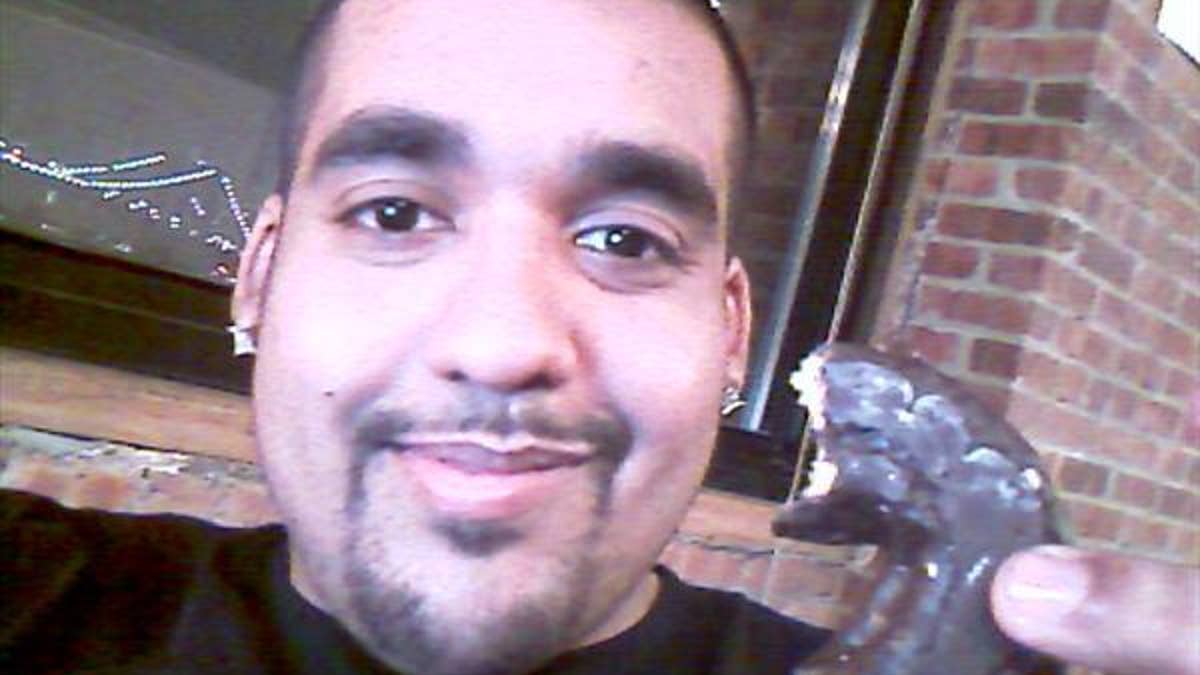
Hector Xavier Monsegur is “Sabu,” the unemployed, 28-year-old father of two who allegedly commanded the loosely organized international hacker team LulzSec.
Hector Xavier Monsegur, alias “Sabu,’ is a 28-year-old unemployed father of two who lives in a housing complex. He is also the man who allegedly masterminded the notorious LulzSec computer hacking group, an international network of hackers—perhaps numbering in the thousands—that has caused billions of dollars of damage to governments and businesses.
The fact that Monsegur is unemployed and also allegedly quite competent—even a genius—at destroying the infrastructure of our society suggests that he may be a new breed of threat: Someone who suffers with character pathology (having sociopathic traits), who might normally be confined by virtue of his pathological personality to poverty and petty crimes, but who has access to the whole world by virtue of the viral nature of the Internet.
Seen this way, the Internet can become a massive amplifier of those whose psychological disorders once marginalized them—a kind of viral transmitter of destructive personality traits that would might ultimately be very limiting in face-to-face interactions and actual social situations.
The sociopath (and I would not, without further investigation, diagnose Monsegur as one) was once someone who could wreak havoc in an office or a family or even cause suffering in a whole neighborhood, possibly even a whole city. No more. Now, the shadow side of such folks can cast itself around the whole planet.
There has been no indication thus far that Monsegur is a methodical criminal who has amassed a great fortune. Nor has anyone suggested that he is a cyber-terrorist attacking entities that oppose his political or religious ideology (though time will tell). Instead, the data at hand would suggest that chaos, in and of itself, is the reward he seeks—busting things up, bringing them down, causing people to suffer as the structure they rely upon to organize their thoughts and intentions dissolves.
He is, perhaps, someone who has himself suffered greatly when structure suddenly disappeared from his life, or when chaos reigned supreme. Being abandoned early in life, losing a loved one to a sudden and catastrophic illness, being embraced by a parent sometimes and beaten at others, moving ceaselessly from one residence to another, are all potential chapters in such a life story.
Monsegur may also have felt—perhaps because of events like the ones I have noted—powerless in life, or unloved. Some of those folks become highly narcissistic, wanting to be regarded as Superman because inside they feel more like Elmer Fudd. Being destructive is one way to boost your self-image. Having followers is another. Taking down big entities—because you actually feel puny—is almost a cliché—but only because it is so often true.
Adolf Hitler was a marginalized, tortured child at one time. He sought an antidote the old-fashioned, evil way—by projecting his pain on others. M. Scott Peck, the late and great psychiatrist, correctly identified all evil as defined by that dynamic: The refusal to suffer, leading to very toxic ways of avoiding one’s pain that, ultimately, make it viral to others.
Monsegur, if found guilty, is Hitler’s distant psychological cousin. The trouble is that where Hitler was a relatively rare event on the face of the earth—requiring an evil man to rise politically, win elections, speak in a mesmerizing way and assemble large crowds to tap the internal rage of the masses—the Internet can spawn many thousands of “Sabus,” none of whom need be charismatic, employable, decent speakers or even able to generate deceptive smiles. If they are merely skilled and pathological, they can cause countless, massive calamities.
The Internet magnifies everything—man’s best intentions to enrich one another and our worst intentions to destroy one another.
Dr. Keith Ablow is a psychiatrist and member of the Fox News Medical A-Team. Dr. Ablow can be reached at info@keithablow.com.







































